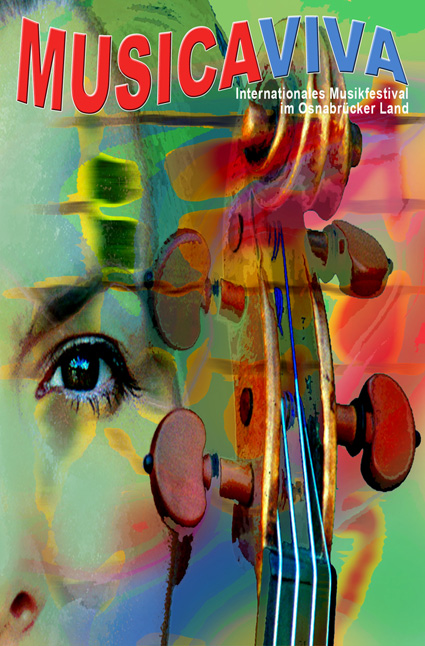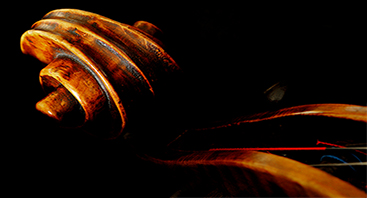FESTIVAL MUSICAVIVA
International festival for early music in the Osnabrück region
1989-2024

The festival was launched in 1989 as “Tage Alter Musik im Osnabrücker Land” (Early Music Days in the region around Osnabrück) at the same time as the establishment of the North German study centre Forum Artium by its artistic director Herbert Vieth. This initiative enabled a music festival of international calibre to be established in western Lower Saxony for the first time.
The festival, which combines performance, scholarship and direct teaching in the form of numerous interpretation and masterclasses on the performance practice of early music, has given regional and national musical life numerous new and necessary impulses and has thus become an important cultural and image model for the region around Osnabrück.
Herbert Vieth, the artistic director and spiritus rector of the festival and founder and driving force behind the Forum Artium Academy, was honoured for these achievements in 2005 with the highly endowed cultural prize of the Osnabrücker Land Regional Association.
Numerous artists, ensembles, choirs and orchestras of the highest international calibre have been guests at the Forum Artium festival to date: The Kings Singers, The Hilliard Ensemble, Jan Garbarek, The Consort of Musicke, Amsterdam Baroque Orchestra, Ton Koopman, Freiburger Barockorchester, Akademie für Alte Musik Berlin, Concerto Köln, Cantus Cölln, Voces 8, European Union Baroque Orchestra, Musica Antiqua Köln, Lautten Compagney Berlin, London Baroque, Emma Kirkby, Andrew Manze, Moscow Chamber Academy, Tatjana Grindenko, Leipziger Bach-Collegium, the North German Figural Choir, the Rheinische Kantorei, Singer Pur, Christoph Pregardien, Andreas Scholl, Gustav Leonhardt, Jordi Savall, René Jacobs, Dorothee Röschmann, Simone Kermes, Nuria Rial and many more.
Lecturers of international renown such as René Jacobs, Emma Kirkby, Barthold, Sigiswald and Wieland Kuijken, Andrew Manze, Ton Kooppman, Reinhard Goebel, Christoph Prégardien, Rudolf Piernay, Anthony Rooley, Hopkinson Smith and many more led numerous interpretation and masterclasses on early music and performance practice, which were attended by several thousand students from all over the world.
In 2004, the festival was renamed MUSICA VIVA – International Festival for Early Music in the region around Osnabrück, without losing its focus on early music.
Osnabrück is rich in historically valuable buildings that have served as festival venues for many years, including Bad Iburg Castle, Gesmold Castle and Königsbrück Castle in Melle, Schelenburg Castle in Bissendorf, the medieval collegiate church in northern Börstel, the Old Alexander Church in Wallenhorst, the Former Church in Hagen, Malgarten Monastery, the Peace Hall in Osnabrück Town Hall and the large hall church of St Mary in Osnabrück, to name just the most important. They all offer not only excellent acoustic concert conditions and an ambience appropriate to the music, but are also of great interest from an art-historical point of view.
The MusicaViva Festival thus makes a significant contribution to a region presenting its cultural treasures and its past in a new light and becoming an international and inspiring meeting place for contemporary artists and visitors alike.
MUSICA VIVA is generously supported by



